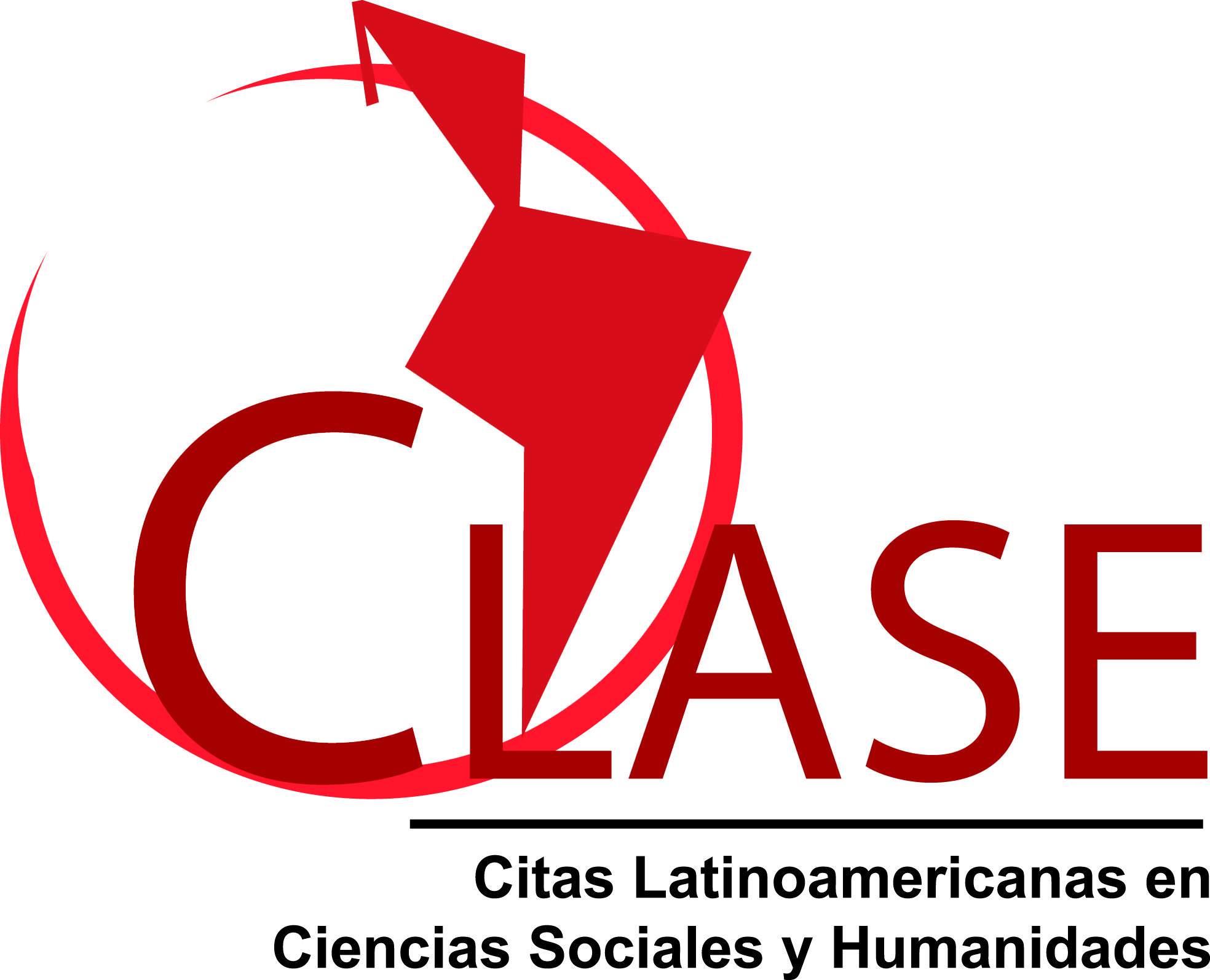Ethics and good editorial practices
The editorial tasks involved in publishing an academic journal engage multiple stakeholders: authors, editors, editorial boards, reviewers, proofreaders, and the supporting institution. When each of these participants performs their duties in accordance with a code of ethics, there is confidence that the final product will meet high-quality standards, as such a code translates into sound editorial practices. The guidelines presented below are based on the Committee on Publication Ethics (COPE) recommendations. Additionally, the Autonomous University of Tamaulipas has its own Code of Ethics, which governs the editorial processes of the Journal.
Good Practices of the Editorial Board
The Editorial Board is responsible for the quality of the articles published in the journal. To ensure that published content meets the highest standards, the Board must follow a series of good editorial practices, both in the tasks for which it is responsible and in its interactions with other stakeholders, while also ensuring that these stakeholders adhere to this code of ethics.
General Tasks and Responsibilities
-
Regularly solicit feedback from authors, readers, reviewers, and members of external editorial boards regarding the conduct of editorial processes, and collect their suggestions for improvement.
-
Review updated literature on innovations in peer review or journal editing processes to reassess their own practices in light of new findings.
-
Seek appropriate resources, expert guidance, and relevant training to perform their role professionally and enhance the quality of the journal.
-
Adhere to initiatives designed to eliminate academic misconduct.
-
Support or promote projects that educate researchers on the ethical guidelines to follow in all publication processes.
-
Evaluate the impact of journal policies on the conduct of authors and reviewers and modify them as necessary to promote responsible behavior and discourage malpractice.
Relationship with Readers
Ethical commitment to readers involves ensuring that the content provided meets high-quality standards, both in terms of content and presentation. To this end, the following recommendations should be observed:
-
Ensure that all research articles have been reviewed by adequately qualified reviewers.
-
Verify that sections not subjected to peer review are clearly identified.
-
Adopt processes that promote accuracy, integrity, and clarity in research articles.
-
Implement an authorship or contribution system that encourages good practices (so that author lists accurately reflect who performed the work) and discourages inappropriate conduct (e.g., ghost authors, honorary authors).
Relationship with Authors
The Editorial Board has an ethical obligation to provide authors with all necessary information for submitting their contributions and to ensure that the evaluation process is fair and impartial. The following recommendations should be observed:
-
Publish clear and detailed instructions on submission and expectations for authors during the review and editing process.
-
Provide guidance on authorship criteria, i.e., who should be listed as a contributor and who should not.
-
Regularly review the instructions for authors to adapt them to changes in the journal’s editorial policy or implemented innovations.
-
Provide links to guides useful for promoting good practices in academic writing and publishing (e.g., COPE or ICMJE guidelines).
-
Require all contributors to disclose any relevant conflicts of interest to the editorial team, and to indicate necessary corrections if such conflicts arise after publication.
-
Ensure that appropriate reviewers are selected for each submission (i.e., capable of competently and impartially judging the work and free from disqualifying conflicts of interest).
-
Respect authors’ requests that certain individuals not review their submission, provided the request is properly justified.
-
Preserve the confidentiality of manuscripts and not disclose their title or authorship before acceptance.
-
Refrain from using original content from a manuscript (data, methodology, arguments, results) before publication, unless written permission is obtained from the author(s).
-
Follow COPE flowcharts in cases of suspected misconduct or disputes regarding manuscript authorship.
-
Clearly describe on the journal’s website how cases of suspected misconduct will be handled, or provide links to COPE flowcharts.
Relationship with Reviewers
To ensure that the review process adheres to ethical standards and good editorial practices, the Editorial Board must provide reviewers with guidance to properly conduct their evaluations. The following recommendations should be observed:
-
Provide clear and detailed guidelines to reviewers, updated regularly according to changes and innovations in the journal’s editorial policy.
-
Require reviewers to disclose any potential conflicts of interest before reviewing a submission.
-
Encourage reviewers to report potential ethical breaches and misconduct in submitted manuscripts (e.g., unethical research designs, insufficient consent procedures, or failure to protect subject anonymity).
-
Require reviewers to ensure the originality of the submission and remain alert to plagiarism and redundant publications.
-
Properly acknowledge reviewers’ contributions to the journal.
-
Maintain confidentiality during the review process so that authors do not know the identity of reviewers.
-
Establish clear rules regarding the publication of reviewers’ names as recognition for their contributions and respect their choice if they request not to be listed.
-
Supervise reviewers’ performance and take measures to ensure high-quality evaluations. The Editorial Board must review evaluation reports before sending them to authors; inadequate or offensive reports should be discarded, and a new evaluation requested.
-
Develop and maintain a database of highly qualified reviewers, updating it based on their performance, and remove any reviewer who consistently provides disrespectful, low-quality, or late reviews.
-
Ensure that the reviewer database reflects the journal’s academic community.
-
Use a wide range of sources (not only personal contacts) to identify potential new reviewers (e.g., author suggestions, bibliographic databases, directories of institutions with related research areas).
-
Follow COPE flowcharts in cases of suspected reviewer misconduct.
Relationship with External Scientific Committee Members
The support an external Scientific Committee can provide depends largely on how its members are selected and on establishing effective communication with them. The following recommendation should be observed:
-
Identify potential committee members who can actively contribute to the journal’s development and proper management.







